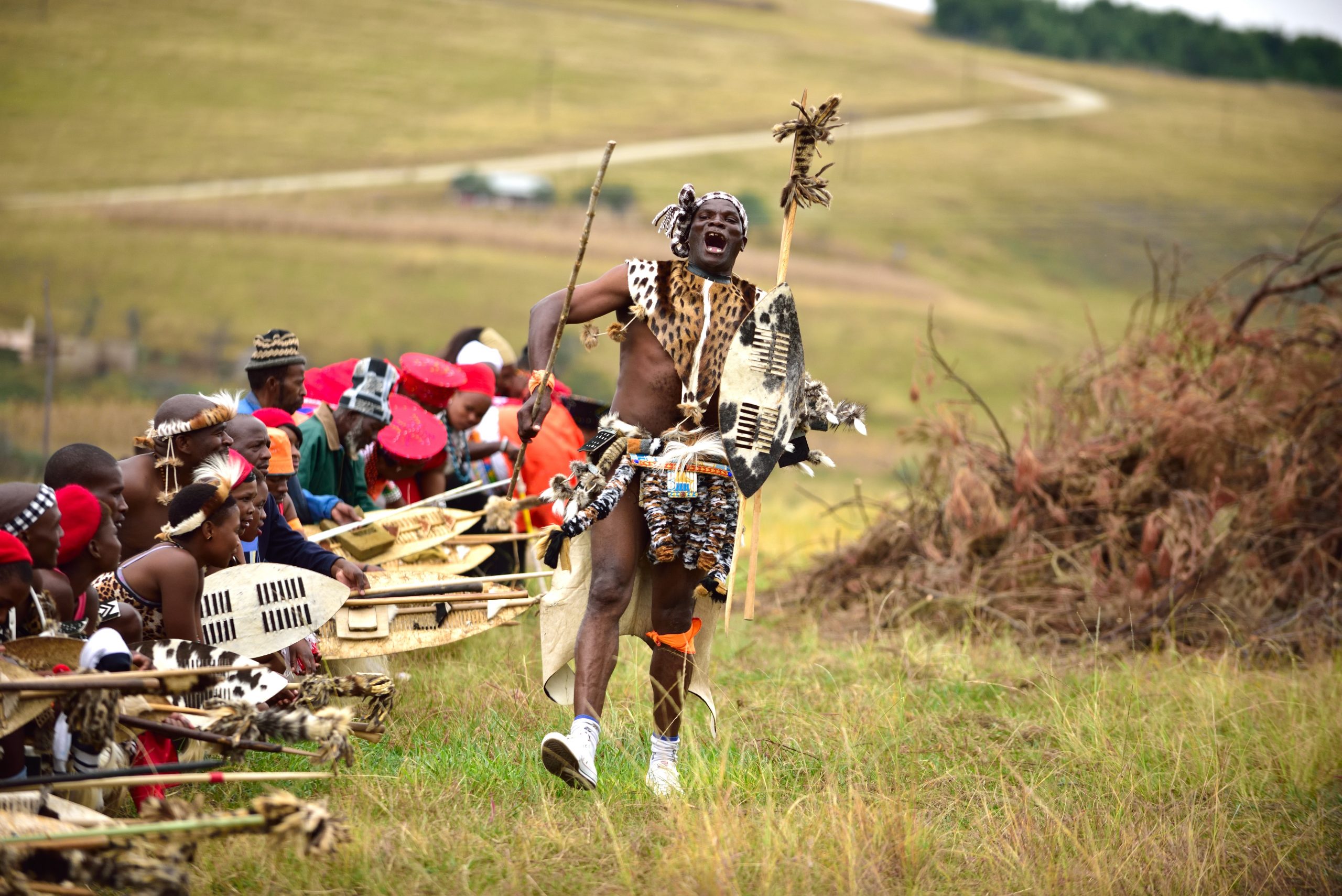The Zulu language is spoken by 24% of the population of the countries of the South African region, and about half of the population can understand it. Zulu belongs to the Nguni group of the Bantu language family. Among the speakers of the South African languages, only Khoz and Zulu speakers can understand each other. The Zulu people appeared around the 14th century, but there were many migrants – speakers of the Bantu languages, and even then the Zulu adopted many sounds from the San and Khoi languages, the speakers of which were the first to settle in South Africa. Proof of this is the use japanese translator of clicking Zulu consonants in the San and Khoi languages. Before the arrival of missionaries from Europe, all native languages were only spoken. The written form of the Zulu language originated when missionaries, using the Latin alphabet, made short notes about the language. The first book written in part in the Zulu language was the Bible, published in 1883.
The pioneer in the study of the Zulu language is John Dube, author of the first paperback book Insila Kashaka (Shaki’s Servant) and founder of the Ohlange Institute (1901) in Natal province. This is the first educational institution in South Africa.
Zulu writers include Oswald-Mbuyiseni Mtshali, Reginald Dhlomo and Benedict-Wallet Vilakazi. These writers specialized in historical novels and biographies of the great Zulu leaders: Dingane and Shaka (also known as Shaka Zulu; Shaka). Readers in the Zulu language began to be published in 1935. The modern written Zulu language is under the auspices of the Departmental Committee of the Zulu Language in the province of KwaZulu-Natal.
Now the Zulu language is spoken throughout the African continent. Most of its speakers live in the province of KwaZulu-Natal, which is also called “Zulu Land”. The Zulu language is used in the provinces of Mpumalaanga and Gauteng, in the countries of Swaziland and Lesotho.
South African English has borrowed many Zulu words, for example: ubantu (humanity), donga (ditch), indaba (conference), muti (medicine). Two Zulu names for animals are used in literary English, impala (antelope) and mamba (poisonous snake). If you are looking to learn one of the South African languages, there are probably many who will advise you on Zulu. After all, the Zulu language is not difficult and widespread.
